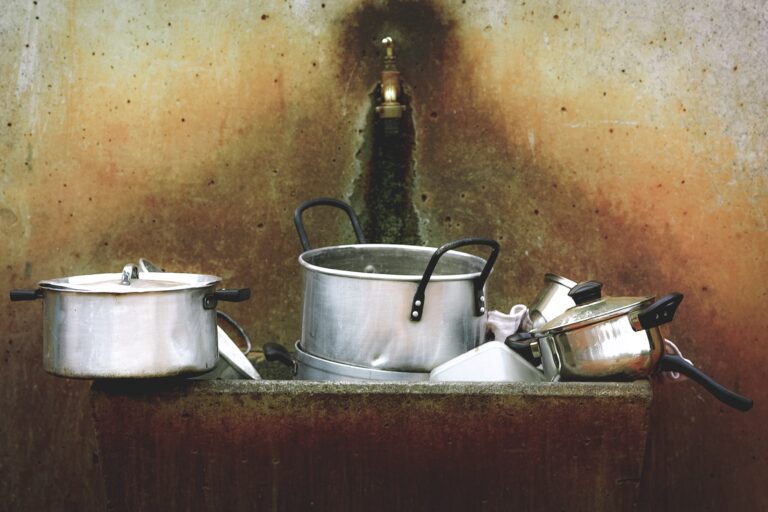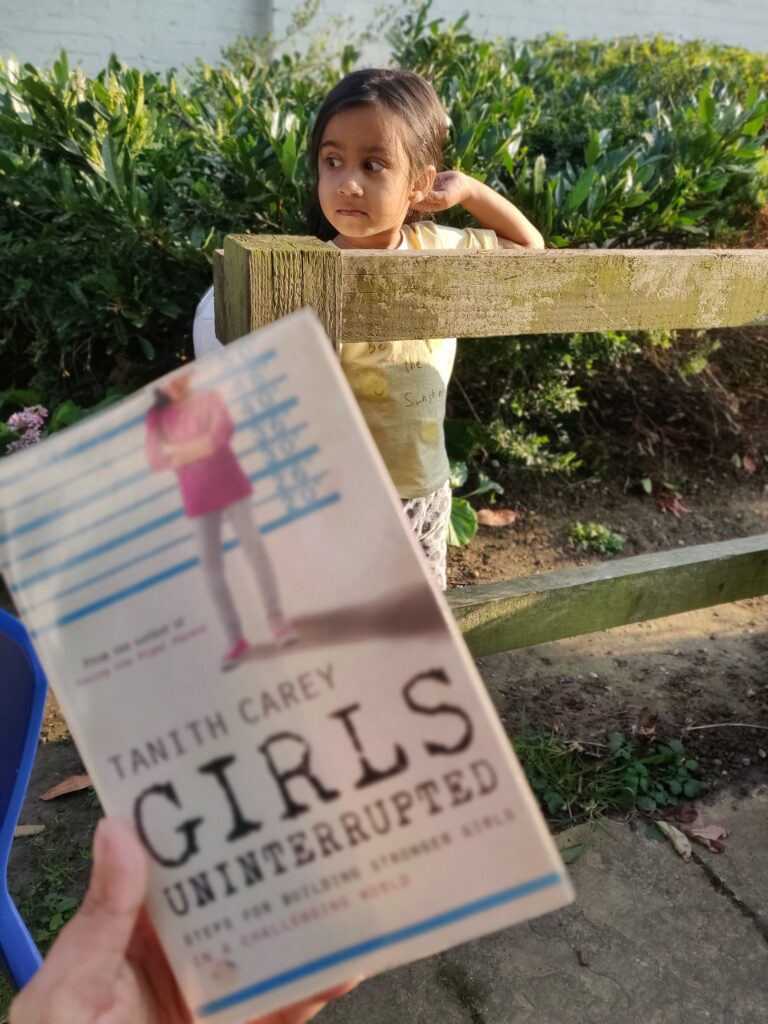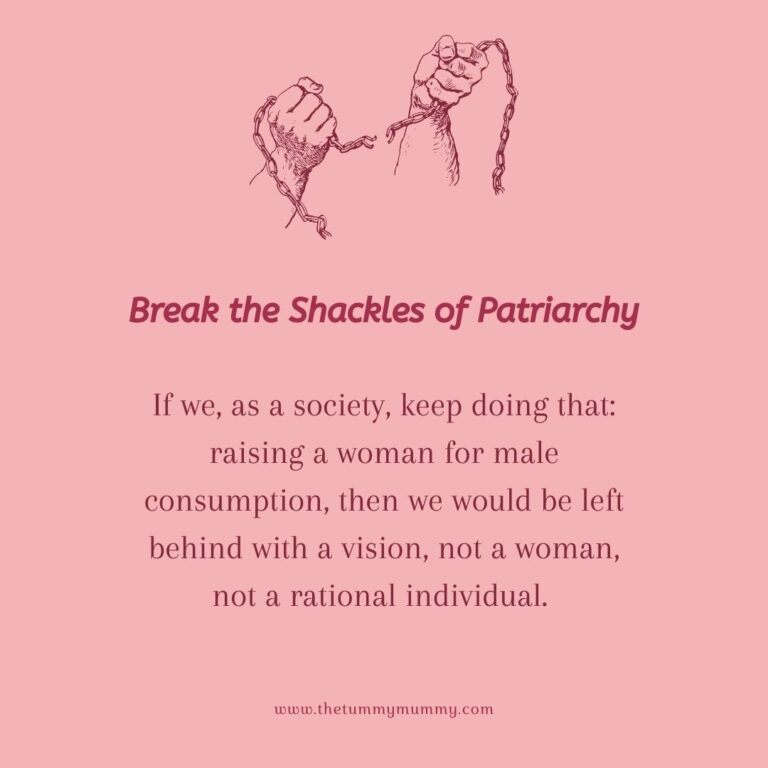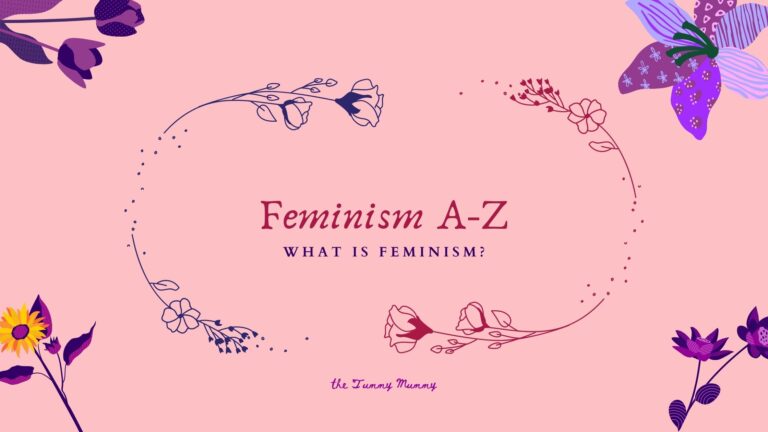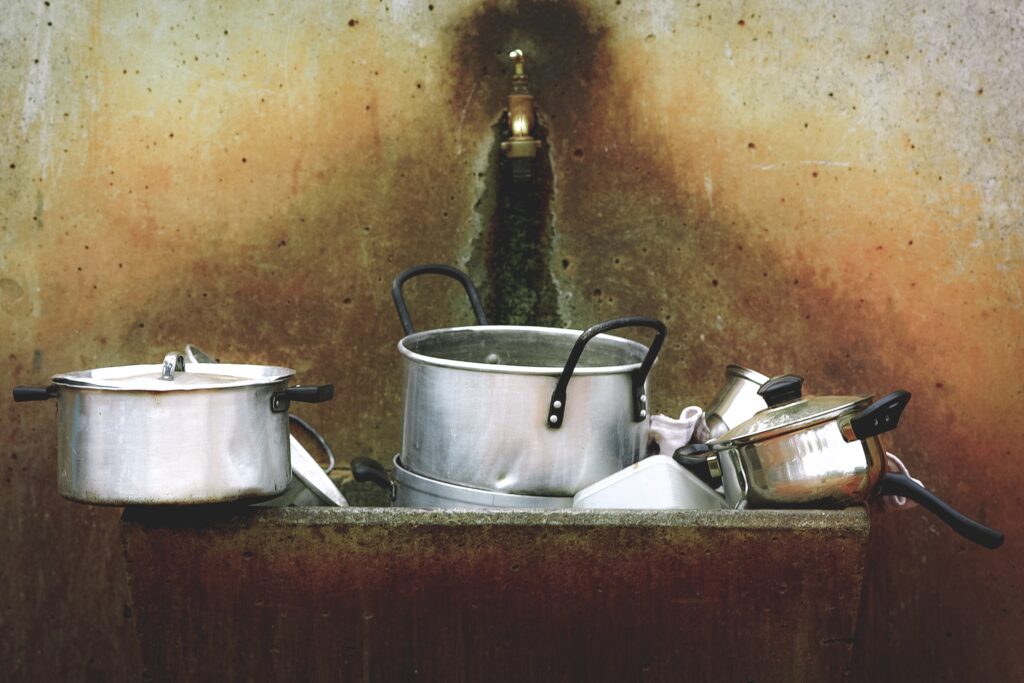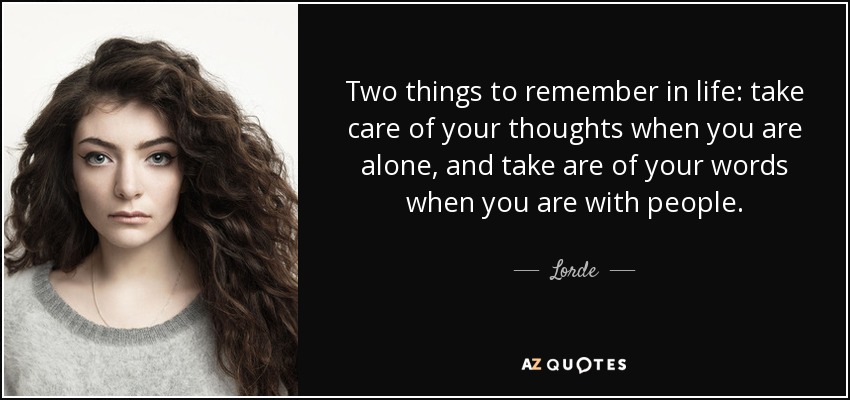Girl By Kincaid Is Everything You Need To Understand Feminism
I decided to read 50 short stories written by women, and share my reviews online. I stumbled upon Girl by Jamaica Kincaid, which summarizes the answer to the question ‘why do we need feminism?’. As the year-end draws, I reflected upon some of my weaknesses, and one stared at me with monster eyes: Inconsistency. So, I chose to push myself and write one review each day for a short story that I read (I am hoping to succeed *fingers crossed*) Wash the white clothes on Monday and put them on the stone heap; wash the color clothes on Tuesday and put them on the clothesline to dry; don’t walk bare-head in the hot sun; cook pumpkin fritters in very hot sweet oil; Jamaica Kincaid, Girl, 1978 Let’s go to the review now, shall we? ‘Cooking is an art. Washing and hanging clothes is an art. If you have interest and passion, everything you do could be an art,’ my mother told me once when we were hanging the wet clothes to dry together one day. Though exhausted, she always cooked, cleaned and kept the home beautiful. If my sister and I walk into an untidy home from school, we know our mom is sick. She always insisted we do something for the house we lived in. It was something her father taught her, and she lives by it. This short story, Girl, by Jamaica Kincaid, is a piece of advice delivered by a mother to her daughter. We can all agree that we have received such advice at least once during our life- especially a week before the wedding if you are married. “If my sister and I walk into an untidy home from school, we know our mom is sick.” Feminism hates gender-based roles… If we were to sit in a coffee shop and share our notes, it would have the same content- “how to cook fish (clean it thoroughly, she would say, not before making a face and a snide remark on how irresponsible we are not to know such a fundamental step), separate white from coloured clothes, wake up early (before your husband and in-laws always!), don’t smile too much, don’t laugh at all, sit properly, talk softly”, and so on. Though all those pieces of advice are good, for an individual to become independent and responsible, the intention of giving those instructions only to one gender doesn’t sit well with me. Anyone who grew up in an Asian home might recognize this dialogue well: ‘What will your in-laws think about us if you can’t make a round chapati?’ Learning a skill like cooking has more to do about pleasing someone in the future than making your daughter stronger. The ‘real’ intention behind… Like the mother in the story, many mothers instruct their daughters on household chores and taking care of the family. My friend’s father told her that her duty is to the family- to take care of her husband and the kids. He asked her to quit the job because her financial independence was unnecessary. One piece of information that we keep passing on generation after generation is: chores are women’s duty! Kincaid’s short story delivers this message with accuracy. this is how you iron your father’s khaki shirt so that it doesn’t have a crease; this is how you iron your father’s khaki pants so that they don’t have a crease; Jamaica Kincaid, Girl, 1978 I am not making it up when I say that many families do not let their sons/sons-in-law cook or clean at home. A friend told me he could not grab a plate from the kitchen. His family insists his sister do it for him. Another guy I know goes out to buy a cup of coffee if he wakes up early in the morning. Because his mom firmly believes that a man’s place is not in the kitchen. I don’t know about you. But, unequipping a man without an essential skill makes them dependent on a woman for the rest of their life. “Another guy I know goes out to buy a cup of coffee if he wakes up early in the morning. Because his mom firmly believes that a man’s place is not in the kitchen.” Security in exchange for freedom If you are a woman, you’d probably already know where I am going next- yes, boys! We did not have ‘the talk’. We had warnings- how to talk, how not to laugh outside, how to sit, and not ‘encourage’. Safety feels like hate when it has been given in exchange for freedom. Travel when you are married. Go to late-night movies with your husband. The list goes on… This gender-biased treatment shows how much society has to change concerning equality. Being nice is important… this is how you smile to someone you don’t like too much; this is how you smile to someone you don’t like at all; this is how you smile to someone you like completely; Jamaica Kincaid, Girl, 1978 I met a woman who shared a horrible story. I am obligated to leave out the name and details for her protection. She told me how her family forced her to be in contact with a perpetrator. When she told her family about him, they asked her to stay silent- to not disrupt his loving family. His wife and sons did not stop him from sexually assaulting someone. So why should she be nice when she does not feel nice inside? My mom told my sister too many times to pretend like she did not hear anything when a group of boys were cat-calling us. Though she disagreed, she obliged. It seems like ‘Boys will be boys, but girls should be mature’ is a loophole on a golden plate. Unhealthy communication but I don’t sing benna on Sundays at all and never in Sunday school; Girl, Jamaica Kincaid The story shows the mother-daughter duo where the mother does not believe and has no healthy communication with her daughter. It becomes so toxic when the daughter only responds twice during the conversation. When the mother hints at how to get rid of a wanted pregnancy, it clearly shows her assumption of the daughter’s failed future. She mentions slut many times to identify a girl who will not follow the protocol to a T. this is how to behave in the presence of men who don’t know you very well, and this way they won’t recognize immediately the slut I have warned you against becoming; Jamaica Kincaid, Girl, 1978 Isn’t society doing the same- slut-shaming and assassinating the character of a woman who tries to pave a path of her own? This short story, written in 1978, emphasizes that this cycle can stop only at the hands of a mother. Who knows! The girl receiving the advice could evolve into a patriarchal mother and pass on the trauma and gender stereotypes to her daughters. Perhaps, that’s why Sasha Sloan in Older said, ‘My parents aren’t heroes; they are just like me.’ I genuinely loved these two points… I know, for a fact, that these pieces of advice on household chores aren’t unnecessary or bad advice. In fact, I would teach every essential skill my daughter needs to take care of her house. But I would do the same if I had a son too. My husband and I share our chores at home, and we are setting an example for shared responsibility. She wouldn’t expect any less in the future. this is how to love a man, and if this doesn’t work there are other ways, and if they don’t work don’t feel too bad about giving up; Jamaica Kincaid, Girl, 1978 The second point that blew my mind in the short story is when the mom advised me to let go if love didn’t work. It was a beautiful lesson that we should all learn. On that note, I can’t stress more for you to give ‘Girl’ by Jamaica Kincaid a read. It is only a page or two long (depending on your font size and settings). Kincaid was not angry. She presented the facts and let the situation speak for itself. How do you want your kids to remember you? When I was in my late-teen years, if people asked me what I liked about my dad, I said he was hardworking and intelligent. When asked about my mom, I said, ‘she cooks well, cleans well and takes care of my sister and me always’. It was a no-brainer question for me. It was a rehearsed answer that did not change until my mid-20s. When I had my daughter, my perspective changed. I remembered my mom as a strong, practical woman who loved to sing songs and take big calculative risks. When talking about singing or business, her eyes twinkled sadly with an unachieved dream. How did I not see that? That moment changed my life. I decided to dream big and achieve it- for my mom and me. Do not sacrifice your dreams or life. Leave the sink dirty and let the laundry basket overflow for a week. Have big visions and try hard to fulfil them. Live life fully, without any hesitations or regrets. Your kids will remember you as a soul who knows to live life.


